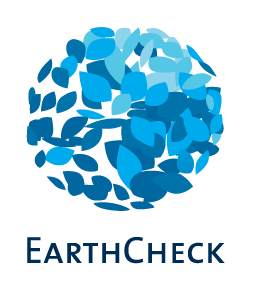ESG reporting – the practice of disclosing environmental, social and corporate governance data – takes the traditional concept of reporting financial performance, and extends it to a wider range of issues that are of increasing concern to society.
ESG reporting is becoming increasingly ubiquitous, as it becomes mandatory for large, listed companies in many parts of the world – and, by extension, for the smaller companies that make up their supply chain.
But, as Professor Graham Miller explains in a new discussion paper for the EarthCheck Research Institute, regulatory compliance is far from the only reason why businesses should embrace ESG reporting.
A Professor of Sustainability at Nova Business School in Lisbon, Professor Miller’s research is focused on the drivers to create greater sustainability across society, with a particular emphasis on the travel and tourism sector.
His research shows that ESG reporting can have great benefits, but he says it can be difficult to take the first step.
“Reporting non-financial ESG performance for the first time can appear daunting at first,” he says. “It requires you to know what, why and how to disclose, and to navigate existing and emerging regulatory requirements or disclosure frameworks.”
As the world’s leading certification, consulting and advisory group for sustainable destinations, tourism organisations and businesses, EarthCheck sought to provide our members and the wider business community with a comprehensive overview of the ESG reporting landscape.
Professor Miller’s discussion paper for the EarthCheck Research Institute explains:
- What ESG reporting is
- Who should be producing ESG reports
- Why ESG reporting is important, and how ESG performance impacts access to finance, revenue generation and business growth
- Where ESG reporting is going in the future
- How to get started
Ultimately, Professor Miller says the greatest risk is inaction – and the only way to lower that risk is to begin ESG reporting.
“ESG reporting, just like any part of a business’ sustainability effort, is a journey,” he says. “And the key to effective reporting is founded on genuine and transparent disclosures, especially to increasingly informed target audiences.”






